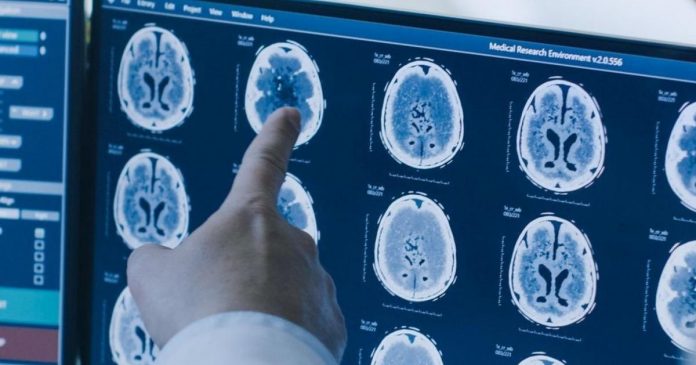Dr. Josef Parvizi at the Department of Neurology and Neurological Sciences at Stanford University and Dr. Michael Greicius from Stanford University reported the discovery of the brain region that is responsible for the “will to persevere” in humans and found a method to stimulate that brain region according to their report.
The scientists were originally attempting to determine the source of epileptic seizures in two patients that had electrodes implanted in their brains.
Both patients reported described feeling the expectation of an imminent challenge coupled with a determined attitude to surmount that challenge when the anterior midcingulate cortex was electrically stimulated. The anterior midcingulate cortex is considered to be one locus of decision making, emotions, and pain in the human brain.
The patients also responded to electrical stimulation of the anterior midcingulate cortex with an increased heart rate and physical sensations in the chest and neck.
The patients did not report the same sensations when they were told that they had received an electrical stimulus when they had not actually received a stimulation of the anterior midcingulate cortex.
Electrical stimulation of the patient’s brains at a distance of less than five millimeters from the anterior midcingulate cortex did not produce any perseverance response.
This research is one of the first factual and documented discoveries of the capacity to invoke a highly complex emotional response by electrical stimulation of a defined region in the brain.
The scientists foresee using electrical stimulation in the treatment of conditions where a person has a limited ability to endure psychological or physical distress that is normally adapted to by most people.








